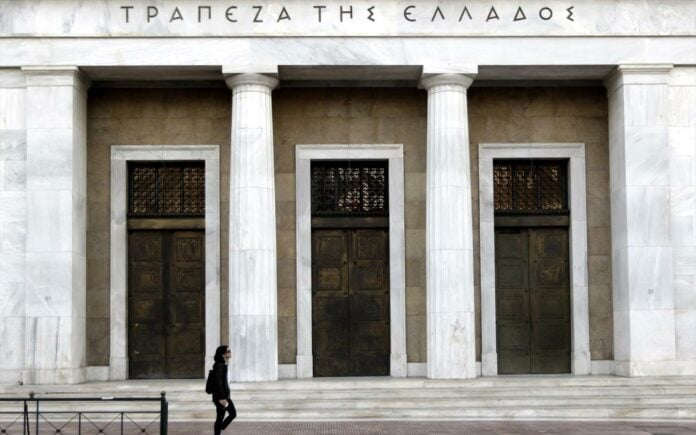Bank of Greece (BoG) Gov. Yannis Stournaras forecast a GDP growth rate of between 2.4 to 2.5 percent for the country in 2020, under the condition that the current government continues “on this same path”.
In comments to the state-run broadcaster on Monday evening, the high-profile Greek central banker expressed optimism over the country’s economy, referring to prospects for “high growth”, based on a recovery in the number of investments, foreign capital and the warming real estate market.
At the same time, Stournaras, a former finance minister prior to 2015, underlined that sovereign markets are now expecting a better course for the Greek economy.
Asked about the years-long Novartis kickbacks investigation, which itself has now morphed into a probe over allegations of a judicial conspiracy aimed to implicate and sully 10 high-ranking past office-holders, including Stournaras, he dismissed any notion of a “scandal”, in the first case.
“We are asking for light to be shed on the truth, and I have confidence in Parliament’s procedures and in the new leadership of the justice ministry,” he said, referring to ongoing sessions of a Parliament preliminary fact-finding committee tasked with probing charges of a judicial conspiracy.
Stournaras, along with another nine past prime ministers and health ministers considered as political rivals of the previous leftist SYRIZA government, were reportedly named by a trio of still anonymous witnesses as receiving kickbacks from Novartis’ Greek subsidiary.
No charges were ever filed or any corroborating evidence presented by an anti-corruption prosecutor against seven of the 10, with the cases shelved. Two cases are ongoing and only a sole politician, forme minister and current MP Andreas Loverdos, was summoned for questioning as a suspect.
Stournaras reminded that over the 2010-2014 period, state expenditures for pharmaceuticals fell from 5.5 billion euros to under two billion euros, with Novartis’ share dropping to beneath 30 percent of the total in the Greek market.
“Mr. Frouzis (the former VP and general manager of Novartis Greece) had come to my office (in the finance ministry) with Novartis’ overseas head and told me that Novartis is marginally sustained in Greece. We had employed a ‘haircut’ on bonds, on pharmaceutical prices and we weren’t paying them (for already procured medicines). How then is there a Novartis scandal?” he asked.














